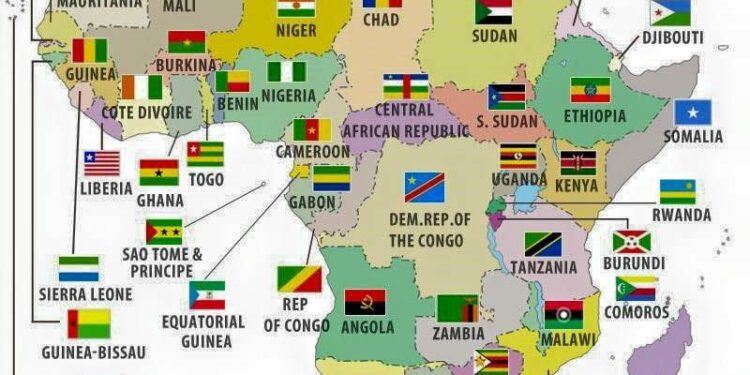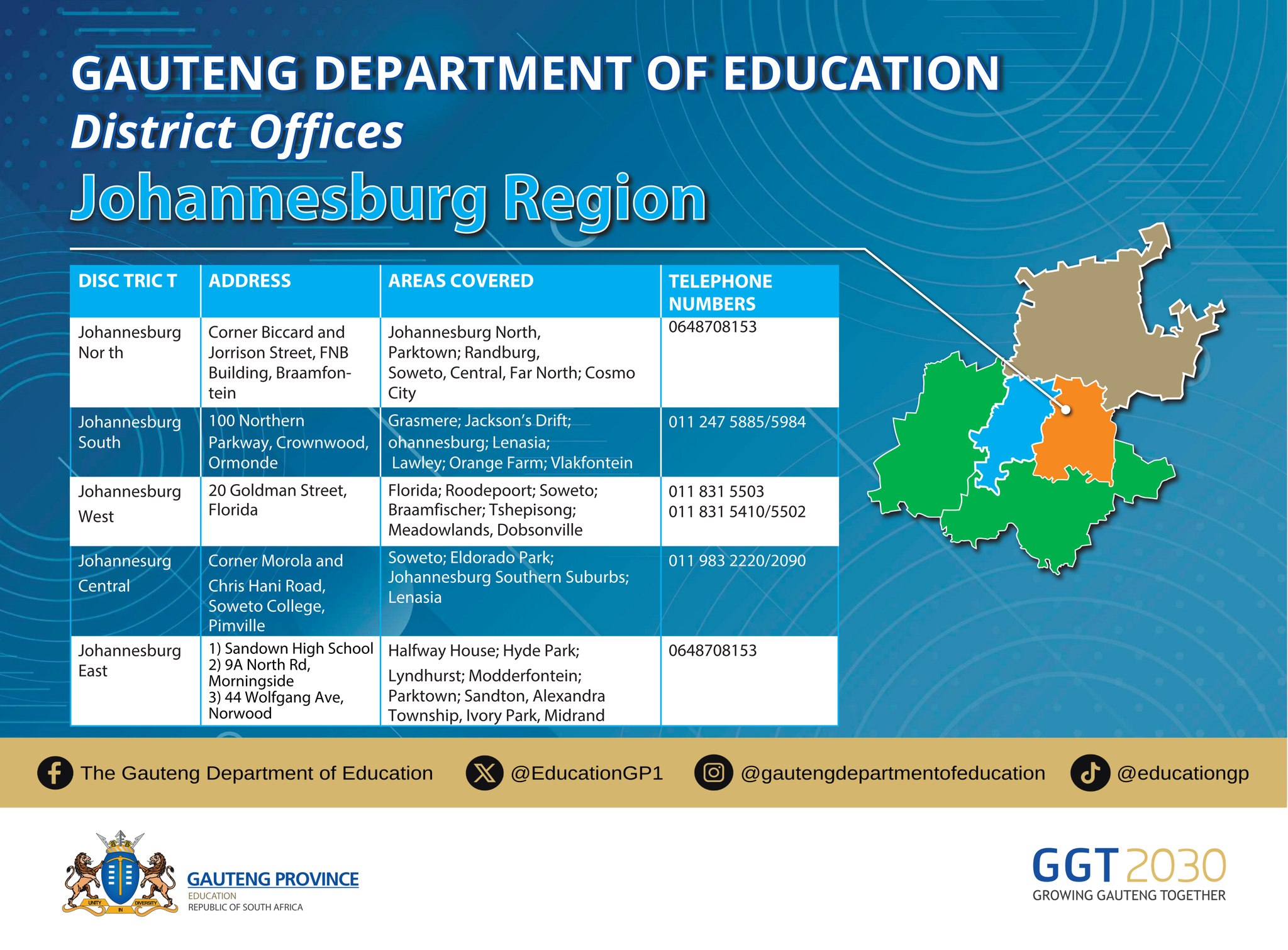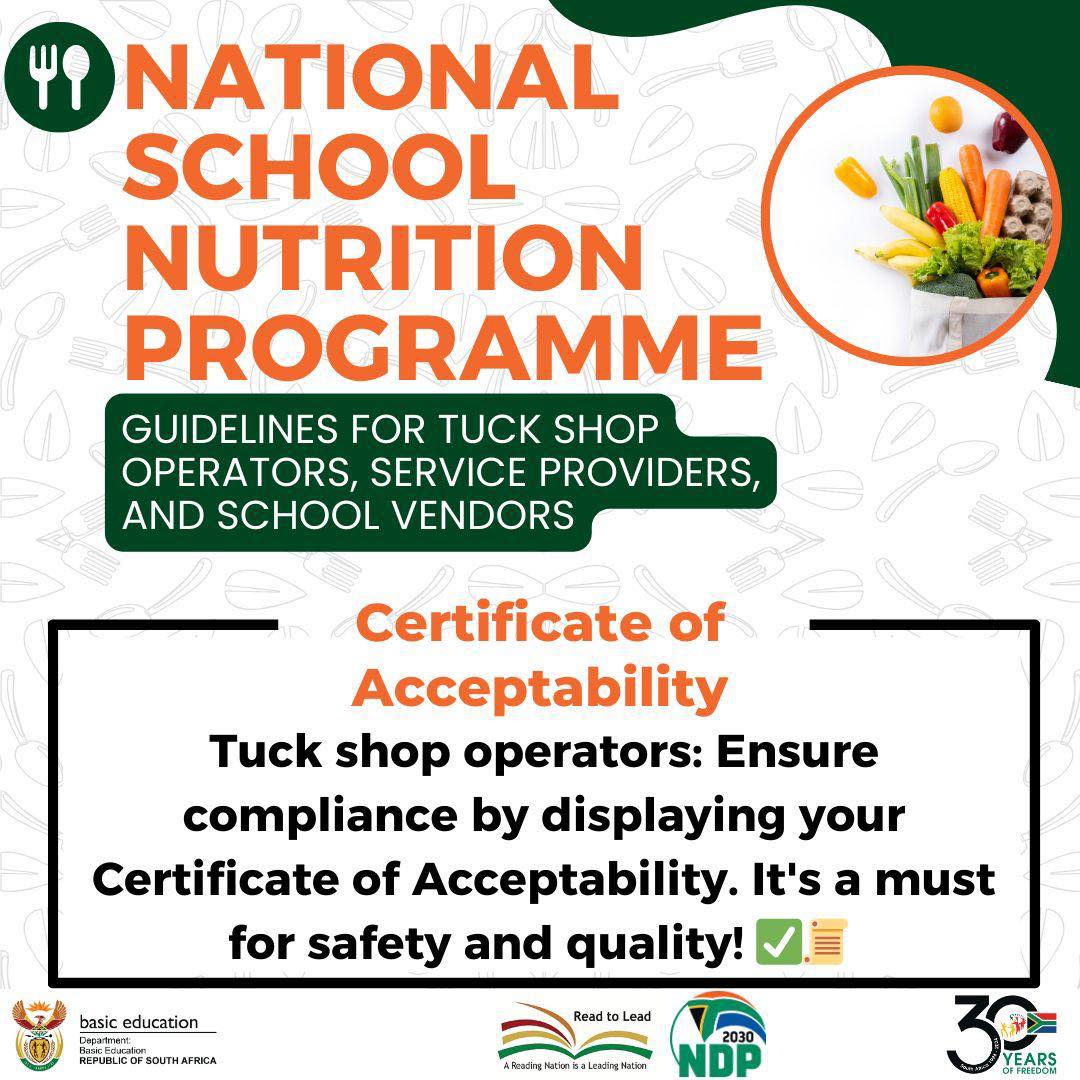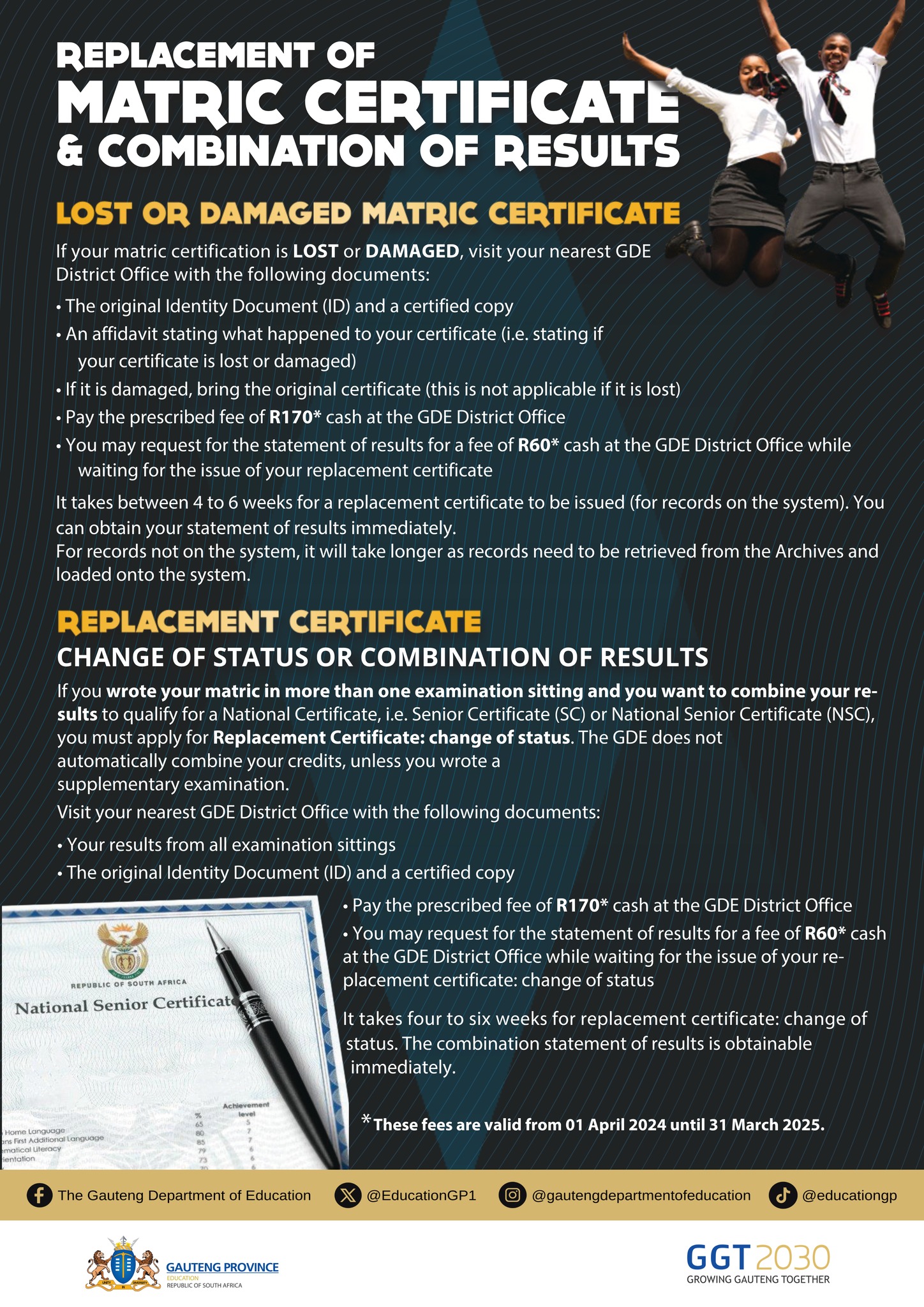By Dikeledi Malobela
Minister of International Relations and Cooperation Dr Naledi Pandor —who has an exceptional and distinguished career in the public service—recently formed part of President Cyril Ramaphosa’s visits to four West African countries as part of government’s renewed attention to promoting trade and investment with countries on the continent.
Pandor has been at the right hand of the President, engaged in bilateral talks and the signing of memoranda of agreement with the Federal Republic of Nigeria and the Republics of Cote d’Ivoire, Ghana and Senegal.
During the tour, SAnews sat down with the Minister while on a visit to Gorée Island, off the coast of Senegal, wherein she shared her thoughts with us as the tour of the four nations drew to a close.
Pandor explained that although South Africa has for years had relations with all the four countries, President Ramaphosa felt it necessary to strengthen the very strong strategic partnerships with each of the idividual countries.
“He felt [that] we have not devoted sufficient attention to countries in the West African region. So he planned the set of visits as part of reenergising the partnerships were already there, so this is to strengthen, consolidate and identify opportunities for economic development,” she said.
The countries operate within the context of the African Union Agenda 2063. She added that each of the four countries, including South Africa, have developed their own National Development Plans in response to Agenda 2063 – the strategic framework for the socio-economic transformation of the African continent.
It builds on and seeks to accelerate the implementation of past and existing continental initiatives for growth and sustainable development. The purpose of this, she said, is to look at how countries can work together to make those national plans work effectively, and to look at how they can strengthen each other’s business sectors. This is to grow stronger business sectors and also involve the private sector in development aspirations.
Reflecting on the visits at a time when travel bans have been imposed on South Africa as a result of the discovery of the COVID-19 Omicron variant, Pandor said the delegation (which also comprised the business sector) was warmly received not only by each of the country’s respective governments, but ordinary citizens as well.
“I think one could feel a very good response to South Africa. It was the right thing for us to undertake these visits. I’ve been really excited about the degree to which [the] South African private sector is out there and has been bold enough to look for opportunities on the African continent,” she said.
Encouraging growth and development
There are over 120 South African companies currently operating in Nigeria, over 200 in Ghana, a growing number in Cote d’Ivoire and an increased presence of local companies in Senegal, which the Minister has described as a “good” move.
The Minister was thrilled by the role played by the Development Bank of Southern Africa (DBSA) in infrastructure development on the continent. The DBSA has been lauded for providing loans at favourable interest rates.
“They are regarded as an institution that is critical to achieving the infrastructure plans of the various countries and this is good. That’s what we want.”
Over the course of the visits, the Minister fielded questions about the State-owned rail, port and pipeline company, Transnet. This as the four countries are keen on developing railways and sourcing locomotives.
“I was glad to see the Chief Executive Officer of Transnet [Portia Derby] during these visits, so I think they got a sense of how countries are looking to them for their skills and engineering expertise to come into play in those countries’ infrastructure plans.
“So all in all, I think it was good, but I do think South Africa needs to pay attention to partners on the continent. It should not be something we do now and again. I think these are real partners. I believe [that] through African unity [being] properly exercised and properly inculcated and encouraged, we will go a long distance together,” she said.
Good governance to benefit all
Touching on the key priorities of government in terms of international relations, Pandor said part of what South Africa is trying to promote are the core principles and values of the Constitution, which form the platform of SA’s national interest.
“I think we are sharing experiences. We are also trying to illustrate that good governance and democracy works, that strong public institutions and [an] independent judiciary and other mechanisms of governance [that are] well-crafted make a difference in society.
“We are sharing those experiences and part of the MOUs [Memoranda of Understanding] we signed are for institutional building,” the Minister said.
This as South Africa signed several memoranda with all four nations.
South Africa is also looking to attract business to its shores but also wants create a bigger market for its goods and the goods of other countries.
“We’ve said it’s not a selfish economic relationship – it’s one where we believe we can all benefit. There are products we are becoming aware of such as yam, which we don’t necessarily grow or have in abundance in South Africa,” she said giving an example.
Managing relations
On the role of the Department of International Relations and Cooperation (DIRCO) during State Visits, the Minister said it is mainly to identify opportunities that link to South Africa’s national interest policy, as well as foreign policy.
Part of the Minister’s responsibilities is to engage with the partners and ministries of foreign affairs in other countries.
“We are really the arm of the President in executing South Africa’s foreign policy and if we fail to build good relations, countries won’t invite us, nor will they be welcoming if we want to prepare a working visit. The degree to which our visit succeeds is very strongly linked to the work that we do.
“Those links are built not just from when you are visiting; they are built when you meet each other at the African Union summit and various meetings [for example]. They are built when you want a country to support your candidate in a particular international institution, and if you are faithful to what [you] have agreed [to], you have solidified the relationship. If you break the promise, you break the relationship,” she said.
Travel bans
Speaking in one voice with the President, Pandor said South Africa was cast off by the world due the identification of the Omicron variant. This as several countries across the world imposed travel bans on certain African countries, including South Africa, in light of the identification of the new COVID-19 variant identified by South African scientists.
She expressed gratitude to the African colleagues who welcomed the delegation and put the necessary measures in place including conducting COVID-19 tests upon arrival and departure as required.
The Minister’s tasks also included managing relations with the very same countries that have imposed bans on South Africa, while also supporting the President.
“I’ve also been strong in my objection to the travel ban that has been imposed on us, but of course you… are never enemies or friends all the time, that’s part of foreign relations. Part of it is national interest and there are times your national interest won’t go in accord with those of the partners, so it’s a balancing act too.”
As the four-nation visit drew to a close, the Minister reiterated President Ramaphosa’s sentiments that the African continent should not underplay its importance.
“What stood out for me is the President saying that as Africa, we shouldn’t underplay our importance. We shouldn’t make it appear as if we are insignificant and that people can just toy with us because we are real people, real governments and real countries.
“We have relations, aspirations, friends, family and business in all those countries, and you can’t just toss us about as you wish. I felt that was the message being conveyed,” she said.










